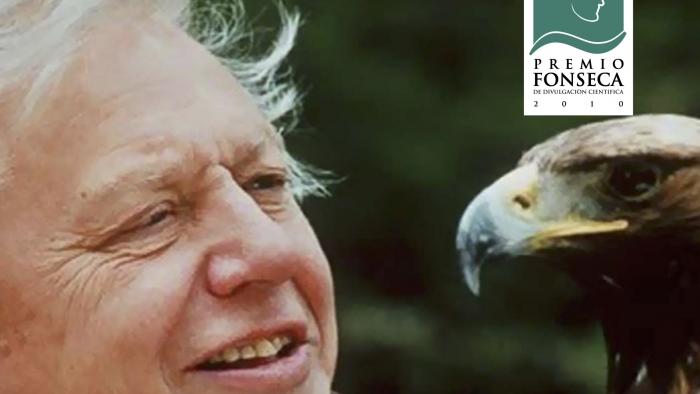
The Jury of the third edition was composed by Senén Barro, Rector of the University of Santiago de Compostela (USC); Xosé Manuel Villanueva, Manager of the Consorcio de Santiago; Xosé Denis, Director of programmes of the Consorcio de Santiago; Ángel Carracedo, Director of the Institute of Genomic Medicine of the USC and Jaime I Prize of Medical Research; Xosé María Fernández Pazos, Director of the program "Banda Ancha" of the Galician Public Radio and of the magazine "Código Cero", Rosa María Ros Ferré, professor of the Polytechnical University of Catalunya and Director of the National Action "Ciencia en Acción"; Marcos Pérez Maldonado, Technical Director of the Casa das Ciencias of A Coruña and by the Director of the ConCiencia program, Jorge Mira.
The Consortium of Santiago and the University of Santiago de Compostela, aware of the importance of the transfer of knowledge and the scientific education needs of society, agreed in 2006 to create the ConCiencia program to invite the greatest intellects of the international scientific community to transmit their ideas to a city which is a symbol of culture and knowledge.
Under the auspices of the ConCiencia program, the Fonseca Prize of scientific popularization was created with the aim of promoting the transfer of this knowledge to the general public. In this task it is compulsory to acknowledge the role of mass media, which are the main instruments for this action.
Britain's Sir David Attenborough (born, 1926) is possibly the best-known naturalist and broadcaster in the world, with a career spanning nearly 5 decades. Such a career has led to Sir David becoming perhaps the most respected face and voice of nature and natural history programs (proof of this is that, for example, there are four species of animals and plants named after him: Conybeari Attenborosaurus (dinosaur), Materpiscis attenboroughi (fossil fish),
the echidna and the plant Zaglossus attenboroughi attenboroughii Philippine Nepenthes.)
There are few places in the world that Sir David has not visited in his quest for describing life on this planet. He began his career at the BBC in 1952, making the leap into his world voyages which would make him so famous with the BBC series Zoo Quest (1954-1964), letting free his passion for seeing wildlife in its natural habitat.
Above all however, since 1979, he has established himself as the leading figure in the world of natural history television programs. In that year he directed and hosted the most ambitious TV series ever made about animal life: Life on Earth. This program, produced by the BBC, was viewed by more than 500 million people and marked a turning point in the history of science on television.
This program was followed by the series, Life, produced by the Natural History Unit of the BBC, which showed the natural world as it had never been seen before (with controversial footage showing images of killer whales hunting sea lions and chimpanzees killing other species of monkey).
His work also includes the writing of more than 20 bestselling books and as a naturalist he has been a leading public figure in defense of the environment. Apart from this activity he is also notable in his role in British television direction, being the Director of BBC2 between 1965 and 1968, a period which led to the introduction of colour television in the UK.
Later he served as Director of Programming at the BBC from 1969 to 1972. In 1973, when his name was sounding as General Director of BBC, he decided to go back to his activity as broadcaster and writer.
Throughout his career he has received the highest possible accolades, among which are the Descartes Prize for science communication from the European Union (he was the first winner) and in 2009 he won the Prince of Asturias Award for Social Sciences








